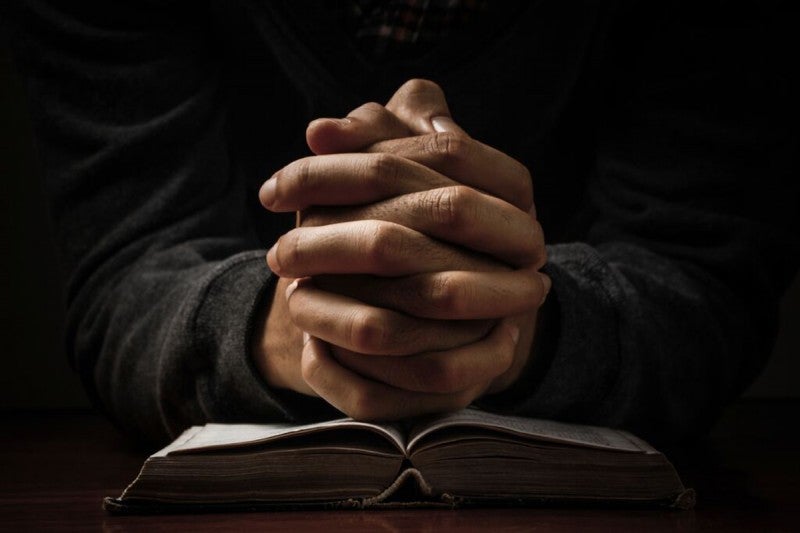
(Photo Credit: istock)
In Washington, DC, at the highest point in the capital of the most religiously pluralistic nation on earth, there sits the National Cathedral. It was chartered by Congress, and a glorious place it is — I have been privileged to hear the sweet sounds of youthful voices there making a joyful noise unto the Lord, reverberating to its rafters, and while I am a Jew, I did not feel my own faith was in any way threatened.
Earlier this week, I was again fortunate to sit in the Cathedral, this time for a gathering of clergy members of many faiths, and others who have done work on the constructive engagement of religious diversity — imams recognizable by their turbans, rabbis by their skullcaps, priests by their collars, and ministers by their liturgical robes. We were brought together by the multi-faith organization Shoulder-to-Shoulder for an event called “Beyond Tolerance: A Call to Religious Freedom and Hopeful Action.” And as part of the event, since it was a Friday and the Muslim holiday of Ashura, we heard the Muslim call to prayer in the Cathedral, urgent and melodic, and again I did not consider my own faith in any way threatened.
I don’t mean to be flippant. There seems to be a view emerging in our land that it is dangerous to learn about the religion of our neighbors, as if that may weaken one’s own faith. And it seems newly acceptable to land low blows about the faiths of our rivals — something we have not heard spoken aloud since John F. Kennedy’s patriotism was questioned in the 1960 presidential election because he was Catholic (references to Mitt Romney’s Mormon faith in 2012 were far more muted).
All of this is contrary to the letter and spirit of our First Amendment’s twin guarantees of freedom of religion and non-establishment. So in this political season, the many faith leaders gathered at the Cathedral announced their commitment to the Religious Freedom Pledge, a simple statement that says:
I pledge to the American people that I will:
- Uphold and defend the freedom of conscience and religion of all individuals; and
- Reject and speak out, without reservation, against bigotry, discrimination, harassment and violence based on religion or belief.
Does it have a political overtone as we enter the 2016 presidential election season? Sure—it would be naïve to think otherwise. Beyond the faith leaders, event organizers will be seeking to have key Congressional leaders, and perhaps the candidates themselves, take this pledge. But the pledge is not just a call to reverse some of the more overt missteps of certain Republican presidential candidates.
Democrats can learn as well. In elements of the Affordable Care Act, the Obama Administration has directly taken on the freedom of the Catholic Church and some evangelical denominations in matters of reproductive rights, and there are some progressives who view all religion as ignorant and ill-motivated.
These statements and beliefs are the sort of calumny the pledge seeks to combat. As evangelical pastor Bob Roberts of Keller, Texas, said at the event, an attack on one faith is an attack on all faiths. And as speaker after speaker emphasized, the beauty of the American approach to religion, articulated as far back as George Washington’s letter to the Touro Synagogue, is that it goes beyond tolerance for difference, to acceptance of that difference. It doesn’t mean we have the same view of salvation; only that the American compact allows each person to pursue salvation in his or her own way (or, for the burgeoning population of the unaffiliated, to choose not to pursue it at all).
As noted by Rabbi David Saperstein, now the US ambassador-at-large for international religious freedom, that is not the way of many nations. He recited a litany of atrocities, some in the Muslim world, others in nations dominated by a range of faiths, where religiously motivated violence is a constant challenge. Our nation has always been exceptional in that sense, and that is why so many, from the time of Plymouth Rock to today, have sought refuge here.
As we enter the political season, we need to get back in touch with these core values. Signing the Pledge should be an easy lift for American leaders of every political stripe.
Meryl Chertoff is executive director of the Justice & Society Program at the Aspen Institute.

